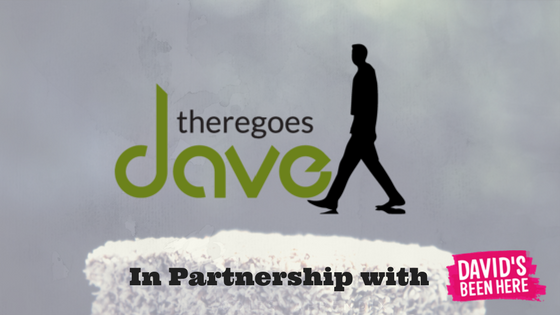Perhaps you’re struggling with your school homework, or maybe you’ve long graduated high school but find yourself perplexed when faced with basic everyday sums. Maybe you’re already reasonably good at maths, but are looking to take your skills to the next level. Most people have jobs or hobbies whereby they feel they could benefit from better math skills. The irony is that math is typically one of the most hated subjects in school, and notorious for being badly taught. Practising maths casually, socially, and in your own time will go a long way in helping eradicate your fear of maths and pave the way for better numeracy.
Play strategic and logic games online
The best way to improve your math skills is through regular, fun activities like strategic mind games. Even games that don’t directly involve numbers, like Risk or Chess, will help develop your thinking abilities and improve your maths accordingly. Strategy games help you search for patterns, simplify problems, hypothesise solutions and transform information. All of these skills are important in maths. It also works the other way around – if you’re good at maths, you’ll have an upper hand in many games. For example, math skills will make you better at calculating odds in games like poker. Whether you’re playing alone or socially, there are plenty of free and fun strategic games online that can help develop your math skills.
Carry maths puzzles around with you
Make a habit of always bringing a number-based game around with you. Whether it’s a sudoku book, pocket yahtzee or the 2048 app on your phone, make sure you can occupy yourself with numbers whenever you find yourself bored or with some spare time on your hands. The more familiar you are with thinking in terms of numbers, the more comfortable you’ll be when making real life calculations. Puzzle games also challenge the brain, keeping your mind focused and sharp throughout the day. Not only will a quick game of Quento improve your memory over time, number games are believed by many health experts to delay diseases like alzheimer’s.
Make a habit of calculating sums on paper
It can become second nature to reach for a calculator when you’re confronted with any sum more complex than 2+2. Sometimes we can easily figure out the answer for ourselves, but typing the numbers in a calculator has become a bad habit. Next time you’re budgeting for a holiday or calculating the cost of an upcoming party, make sure to scrawl the numbers down on a pad so you can work visualize the sums and work them through in your mind. This is a great way to exercise your brain – and you can always double check the figures with a calculator afterwards!
Make a habit of calculating sums in your head
Sometimes you haven’t got a pen and paper handy – like when you’re shopping for bargains when there’s a sale at your favourite store. Those “40% Off” signs are a perfect opportunity to practise calculating percentages. Supermarkets also have a lot of offers that should encourage you to do some quick mental calculations. How much are you really saving when you buy a multi-pack of coffee, rather than each packet of coffee individually? Making these calculations will not only improve your math skills, but make you a smarter shopper.
Take a course in maths
If you’re really serious about improving your maths in as short a time as possible, an intensive and well-reputed course might be worth considering. You don’t have to pay tons of money for a high-quality maths education – there are plenty of resources available for free online, from Youtube tutorials to undergraduate-level courses offered by the prestigious Massachusetts Institute of Technology. Setting aside an hour or two each day for serious math study requires discipline, but is the best way to increase your math skills quickly.





Comments are closed.